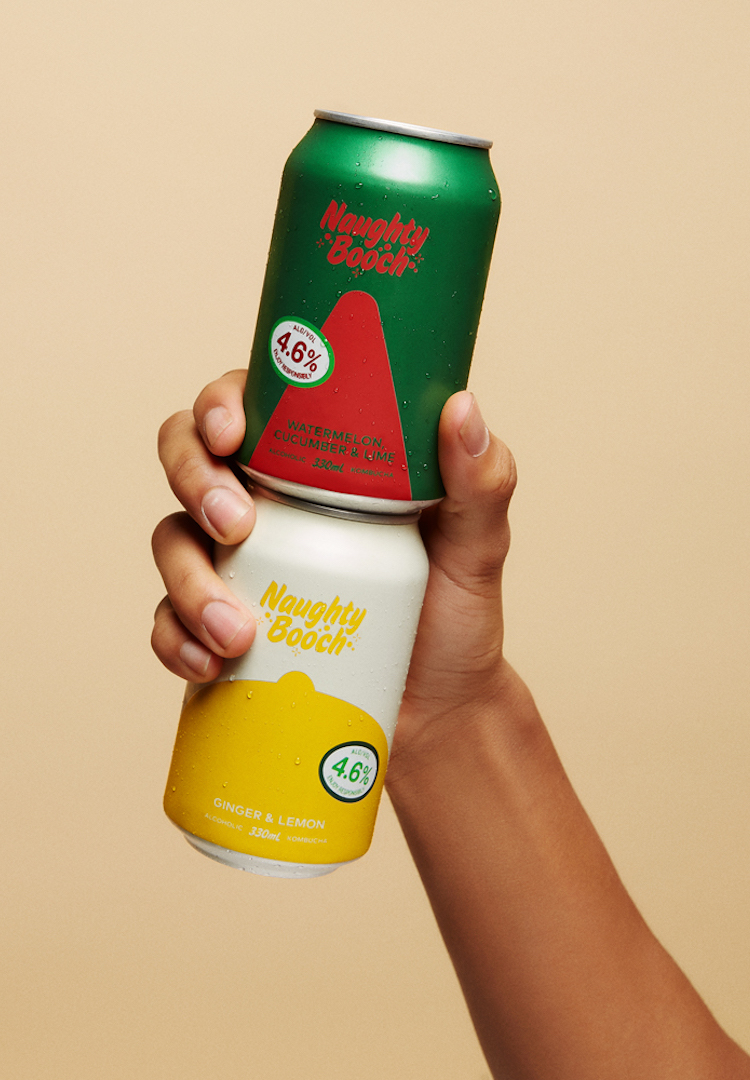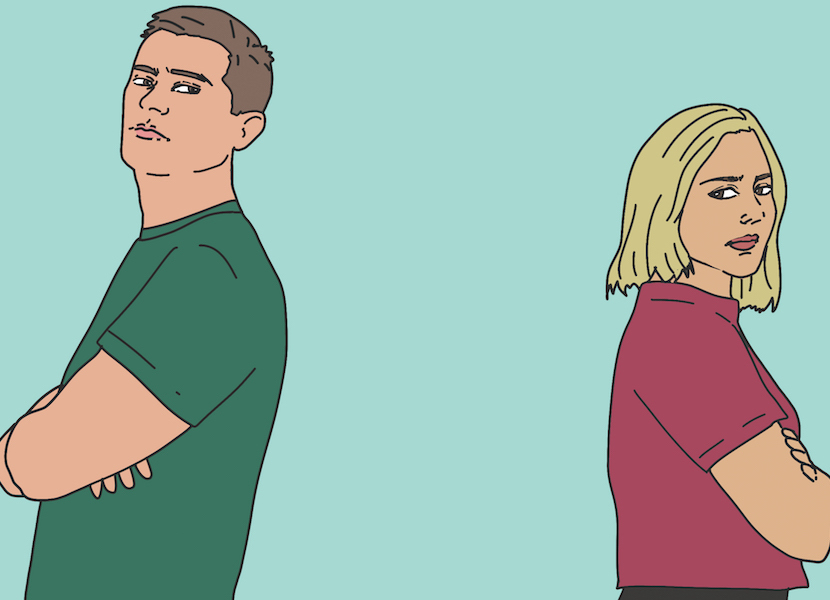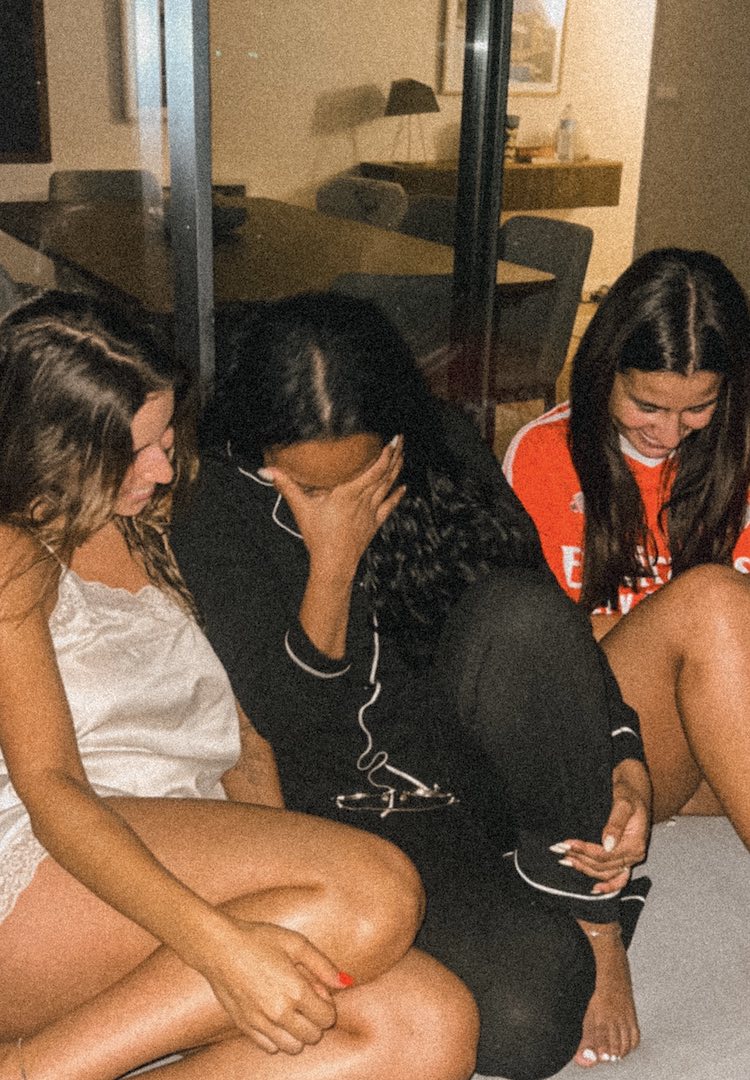Thoughts around friendship, boundaries and when to let go
ILLUSTRATION BY TWYLAMAE
WORDS BY RACHAEL AKHIDENOR
On one hand.
On one hand.
A few months ago, I had my tarot cards read. My life was changing rapidly. In the previous months, many pivotal friendships in my life had dissipated, even though I had done everything in my power to keep those once much-loved friendships alive. I had contorted myself into a person I did not recognise in order to keep the peace. And then, when it seemed I had exhausted all options and they still walked away, I felt the heavy shame of failed friendships every day.
I was recommended to see a lady who owned a dingy shop filled with crystal balls and angel cards. Her name was Sophie. Many had said she was exactly what I needed.
The room was warm and dimly lit. She drew cards in each of my astrological houses. She noted that I was in a time of transition. “Your friendships are shifting,” she said in a quiet whisper. “People are moving in and out of your life. Don’t hold on to them, let them go.”
Slightly unsettled, I asked her to elaborate. “People come into your life on three grounds: for a reason, for a season or for life. Don’t get them confused,” she said. “Lifelong friendships are rare, you can count them on one hand. All other friendships are transient, placed in your life to teach you something. Once that friend has served their purpose, they will leave. You must learn to let them.”
I was impressed by her accuracy. There were many friendships in my life that no longer served me. Friends that made me feel bad about myself, that I had learnt to accept and tolerate, that I had fought tooth and nail to keep. Why did I do this? Why had I held onto toxic friendships, instead of simply letting them go?
Because it isn’t simple.
In fact, it’s understandable. Since the age of time, there has been safety in numbers. To be liked means to be part of a community and in the time of hunters and gatherers, this was synonymous with survival. Humans needed groups to stay alive.
While the human race as a species has since evolved, our unconscious beliefs around friendships have endured. To be likeable is a symbol of status. The more friends we have, the higher our social standing. It’s a belief so ingrained in our culture, we rarely question it.
A person who is constantly having qualms with friends, however, is more likely to be deemed the root of the problem. An inability to maintain friendships broadcasts a lack of social skills. We perceive these people as unlikeable. We believe there is something inherently wrong with them.
Our fear of being unpopular is therefore entirely natural, yet the consequences are harming us more than we’d like to admit. We allow all kinds of hideous behaviour. We fight for friendships that are toxic, we accept flakiness and disrespect, and we allow our friends to treat us in less than stellar ways, without the bat of an eyelid. We reduce ourselves, and our worth, to the number of friends we have.
Sophie’s words of wisdom had turned this perception on its head. She had asked me to stop conflating my social worth with the size of my friendship group and instead insisted that I divorce my value as a person from my ability to maintain friendships. I was to accept a cold, hard truth that the majority of friendships we have now will not remain forever.
It got me thinking. Was my fear of being labelled unpopular the reason I was so reluctant to let go? Was I afraid of becoming a social pariah if my friendship circle was an ever-revolving door of fresh faces?
Potentially.
But I wondered if there were other forces at play. There is no denying the fact that extricating friends from our lives is downright difficult. As a hopeless believer and a foolish optimist, memories of the ‘good old days’ are seared into my brain. I fight for friendships in the hope that one day they may go back to the way they were. Of course, sentimental attachment to another person doesn’t expire the minute the relationship stops being mutually beneficial.
And let’s not forget our deep aversion to change. Whether it is for better or worse, difference is uncomfortable. Growing pains are inevitable. Too often, we hold on to a toxic friendship in order to maintain some semblance of familiarity.
I asked Sophie if it was really that easy.
“Of course it is,” she said. “You must realise that life is always changing. Don’t be sad when a friend leaves. Push away your resentment. It’s a blessing. It means they have served their purpose. It means you are alive.”
We all experience hardships with people we love, that’s the point of friendship. But Sophie was saying that I had to learn when the scales had tipped out of balance past a salvageable point. It can be heartbreaking to realise that a friendship represents a person you no longer are. But that confrontation is part of growing up.
The following month, a good friend and I had a falling out. It was sparked by a forgotten birthday invitation and ended in an all-out text message war. I was no stranger to friendship altercations but this one was different. This time, I did not fight. I did not contort myself to hold on to a friendship that had run its course. I refused to allow the dissolution of that friendship define my worth.
I simply let it go.
This article was originally published in Fashion Journal 190. You can read it here.













